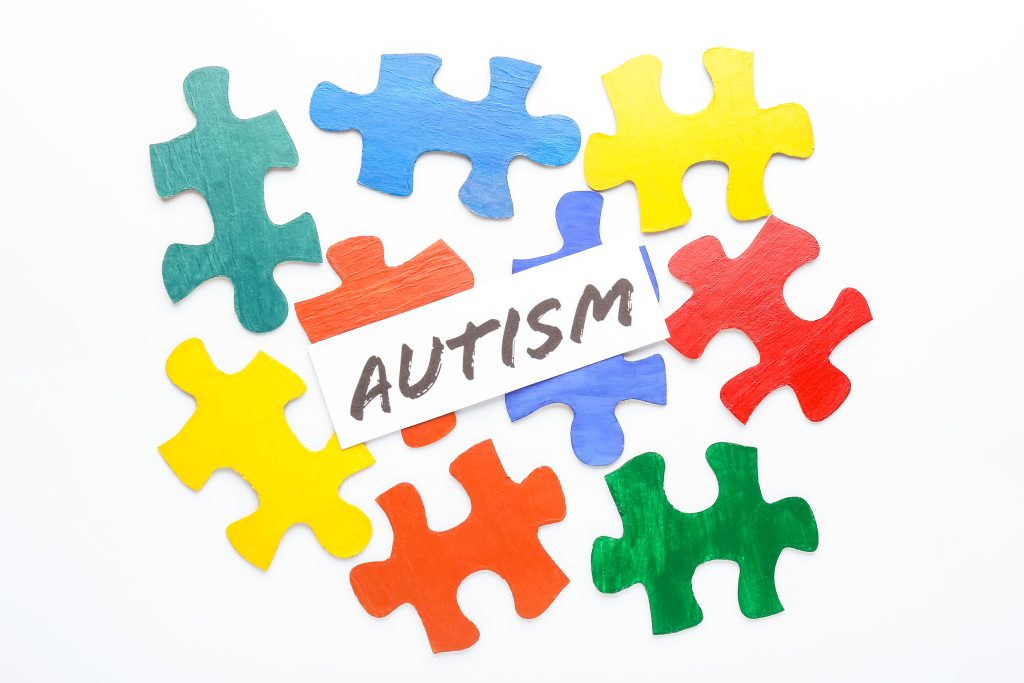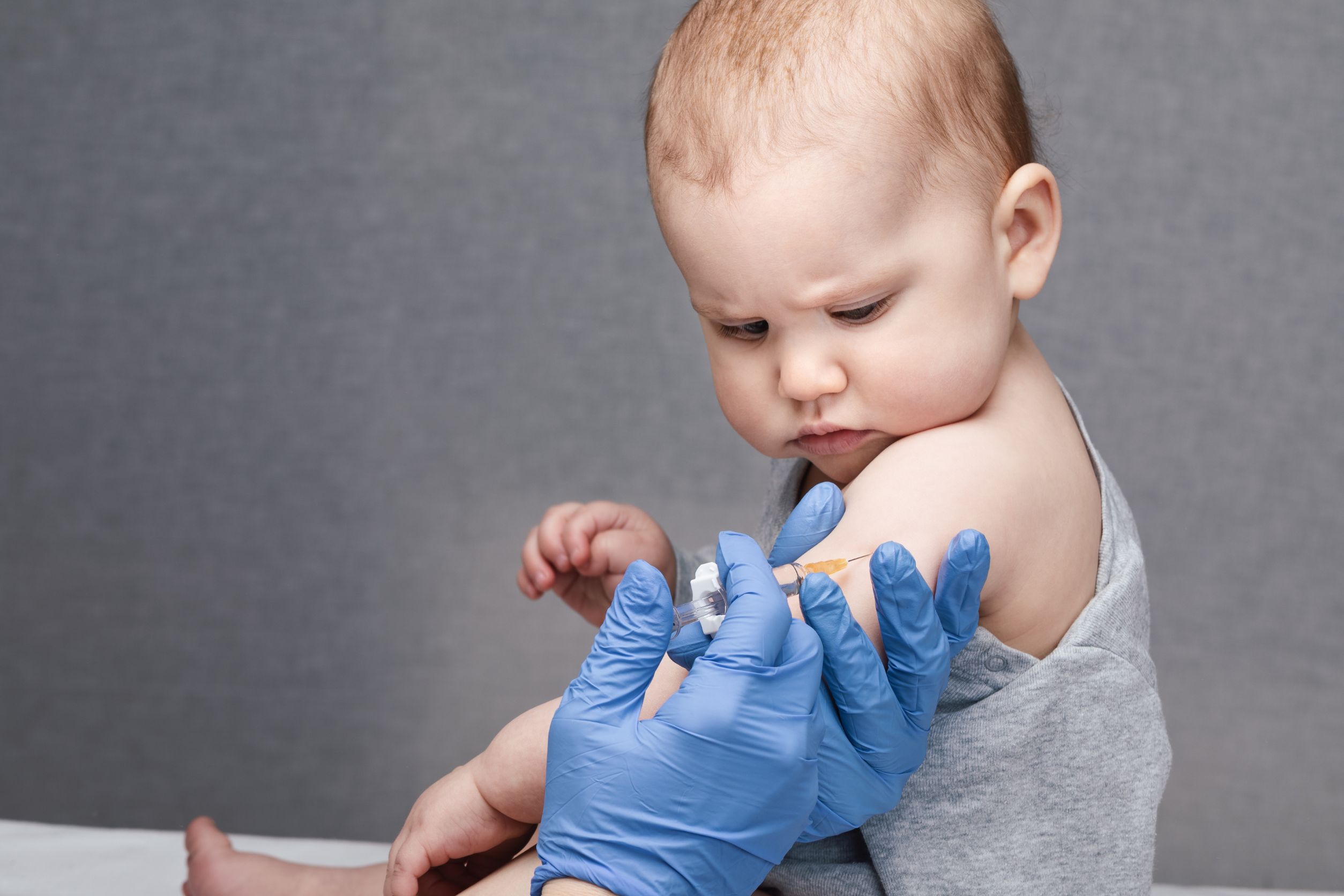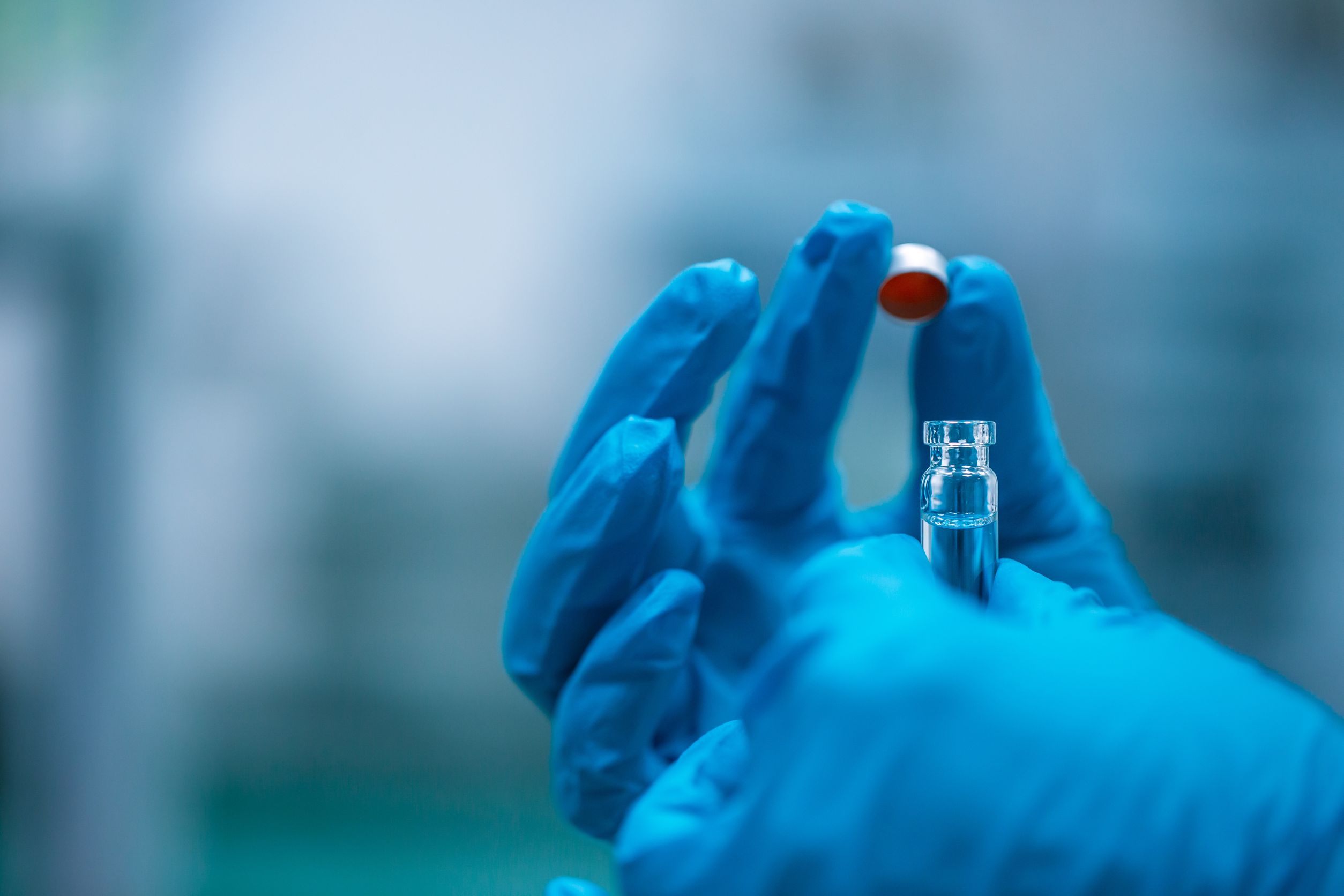
The vaccine-autism debate refuses to die, even though science has repeatedly shut it down. Ask a few parents, and you’ll hear stories laced with concern, confusion, and outright fear. It’s easy to dismiss this as ignorance, but it’s often more complicated than that. At its heart, this belief is wrapped in emotion, past trauma, and a desire to protect children at all costs. So, why does this myth still have such a powerful grip?
1. It All Started With a Discredited Study
The myth took root in 1998 when British doctor Andrew Wakefield published a study claiming a link between the MMR (measles, mumps, rubella) vaccine and autism. The paper was later retracted for manipulating data, and Wakefield lost his medical license. But by then, the narrative had spread like wildfire. It gave worried parents a villain—and a reason—for their child’s diagnosis. That single, fraudulent study has haunted vaccine discourse for decades.
2. Celebrity Voices Amplified the Fear
Celebrities like Jenny McCarthy gave the theory a loud and emotional voice. McCarthy claimed vaccines caused her son’s autism and became a public face of the anti-vaccine movement. When someone famous shares a personal story, it feels more convincing, even if it’s not backed by science. People assume celebrities have access to secret truths or inside knowledge. In reality, fame doesn’t equal fact—but it sure gets attention.
3. Social Media Keeps the Myth Alive
Social media is a breeding ground for vaccine misinformation. Platforms like Facebook and TikTok make it easy for emotional stories to go viral, regardless of their accuracy. Algorithms push similar content to users, creating echo chambers that reinforce beliefs. If you’re already skeptical, social media will serve up even more content to validate your fears. It’s not just about facts anymore—it’s about how fast falsehoods can spread.
4. Parental Instinct Meets Confirmation Bias
When parents are scared, they search for answers—and sometimes, they find exactly what they want to believe. If a child starts showing signs of autism after a vaccine appointment, the timing alone can feel like proof. That’s confirmation bias at work: we notice what supports our beliefs and ignore what doesn’t. It’s human nature to connect dots, even when science tells us there’s no real link. And when it comes to their kids, parents often trust their gut more than statistics.
5. Autism’s Complexity Adds to the Confusion

Autism is a spectrum, with no single cause or clear explanation. Symptoms often emerge between ages one and three—right around the time kids get several vaccines. This overlap in timing can create a strong emotional connection between the two events. When science can’t offer a neat answer, myths step in to fill the void. Parents just want to understand what happened—and simple answers are easier to accept.
6. A Deep Distrust in Big Pharma
Pharmaceutical companies have a long history of putting profits over people. Scandals, lawsuits, and shady practices have made it hard for many to trust the industry. When vaccines come from these same companies, suspicion naturally follows. For some parents, it’s not about the science—it’s about questioning the motives behind it. This distrust can be powerful enough to outweigh even the strongest scientific consensus.
7. Misinterpreting Scientific Language
Scientific studies are often filled with jargon and statistical nuance that can confuse non-experts. Media headlines may oversimplify or misrepresent the findings, leading to panic instead of understanding. Some parents read summaries or secondhand reports and come away with the wrong idea. Others may cling to studies that support their beliefs while ignoring more credible research. Without proper science education, it’s easy to get lost in the noise.
8. Fear Often Overpowers Facts
Let’s face it—fear is stronger than logic in many cases. Autism is a lifelong condition, and the idea of “causing” it through a medical choice feels unbearable. Anti-vaccine advocates tap into that fear with emotionally charged language and heartbreaking anecdotes. Once fear takes hold, it can be hard to let go—even when evidence says otherwise. The emotional weight of “what if” can feel heavier than scientific facts.
9. Media Sensationalism Makes It Worse
News outlets often prioritize clicks over clarity. A headline suggesting a possible link between vaccines and autism will get more attention than one that debunks it. Even balanced articles can be misread if the title sparks fear. The result? Misinformation spreads further and faster than the truth. Media literacy is just as important as medical knowledge in this fight.
10. Changing Minds Requires Compassion
Shaming parents won’t make them trust science. What they need is empathy, education, and time to process. Many of these parents are acting from a place of love and worry, not malice. Helping them understand the real facts means listening first, not lecturing. Public health efforts should focus on support, not scolding.
We Can Break the Cycle
The myth linking vaccines and autism won’t vanish overnight. But we can challenge it—with facts, empathy, and better communication. Parents deserve to feel informed, not judged. The more we open conversations instead of shutting them down, the better chance we have to change minds. And protecting our kids—all of them—starts with the truth.
Have you had conversations about this topic with other parents? What helped you feel more confident about vaccines? Drop your thoughts in the comments—we’d love to hear your perspective!
Read More:
Is Your Parenting Style Shaped by Your Own Childhood Experiences?












